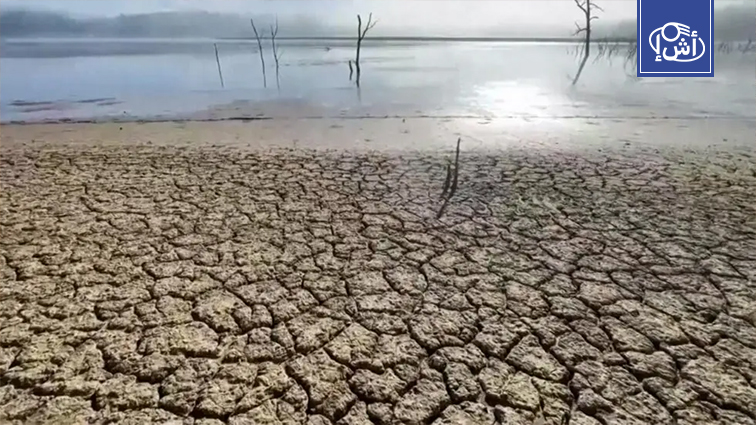According to a report issued by the “Tunisian Institute for Competitiveness and Quantitative Studies”, Tunisia is the fifth country in the world among the countries most exposed to the repercussions of climate change.
Agriculture and water are the hardest hit by climate change, with a six-year drought causing water in dams to recede to alarming levels.
Cereal yields fell by 60% last season compared to 2022, while record and unusual temperatures were recorded throughout the year, and in the summer of 2023, it approached 50 degrees.
Tunisia is classified below the water poverty line, and the report predicted a sharp decline in export-oriented agricultural production such as olive and date production.
The report warned of significant repercussions on the economy and an increase in food imports, thus exacerbating the demand for foreign currency, which could lead to a decline in the real exchange rate.
The report also predicted a decline in crop and livestock production, adding to the challenges the government faces in securing food and water for the country’s population amid increasing climate change.
According to the United Nations-affiliated international governmental body concerned with climate change, the dilemma of providing food and water to the world’s population amidst the impact of climate change will pose a significant challenge to governments in the future.
The World Health Organization warns that climate change will lead to an increase in diseases caused by air pollution and changes in the rainfall pattern, impairing the ability to provide food and clean water to the population.
A Sudanese refugee woman and a child died in a wave of violence inside refugee camps in Chad
